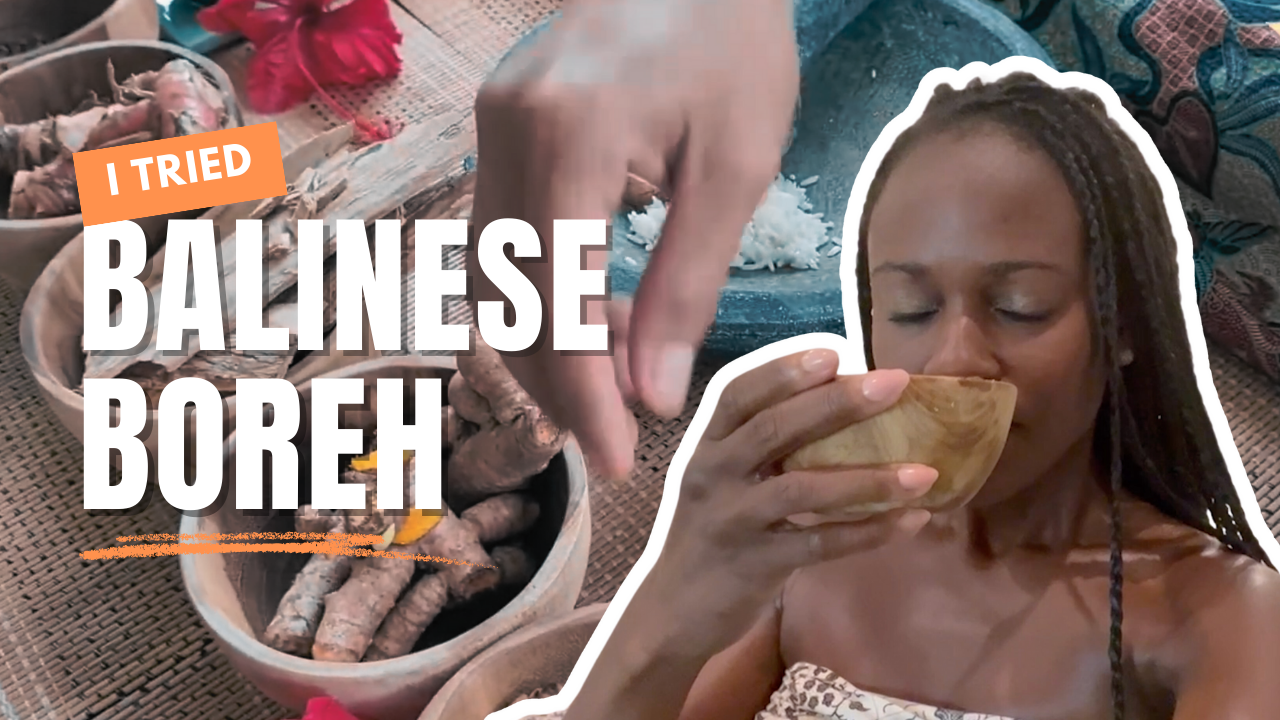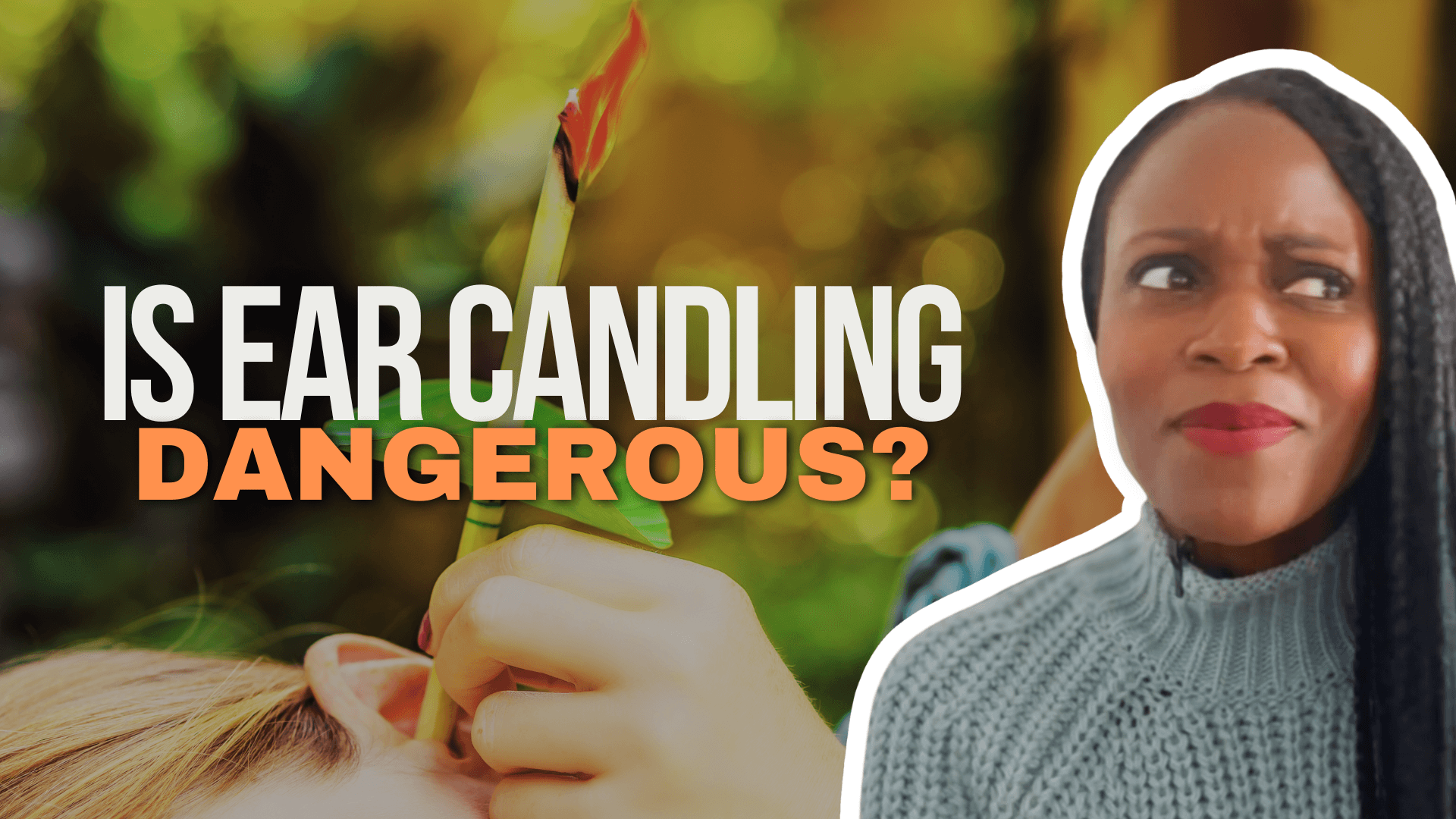- Clean Beauty
Supporting Black-Owned Clean Beauty Brands

As Black History Month comes to a close this year, for some reason, I’ve felt a strange bit of inexplicable resistance. I truly appreciate Black History Month. I think that it is a powerful way to shine a spotlight, not only on Black history but also on the Black experience in America. Usually, the month comes and then fades into Women’s History Month in March, without much deliberation on my part. But, for whatever reason this year, I’ve felt a little bit unsettled about the month coming to a close. At the back of my mind, the following questions have been swirling around, “What happens after February is over? How do we continue supporting Black-owned businesses? How do we continue chipping away at the economic opportunity gap that exists between Black businesses and white businesses? How do I as a Black-owned business continue to thrive, even when the spotlight isn’t on us for a month?”
Let’s face it, the statistics are startling. According to this article by Hiveage, in the United States, only 4.1% of businesses are owned by people who identify as Black or African American. Alarmingly, Black and African American startup founders raised only 1% of all VC funds in 2022. Sadly, the U.S. Census data has also shown that 58% of Black business owners reported that their firms were “at risk” or “distressed.”
As a Black female founder of two companies, this feels like a punch in the gut. Anyone who has built a business knows how incredibly difficult and challenging it can be at times. But, it’s unnerving to see a data story that so clearly demonstrates why “building a business while black” can feel like a daily blend of the Spartan race mixed with the show Survivor. Without proper access to capital, mentorship, visibility, and scalable partnerships, Black-owned businesses struggle and will continue to experience disproportionate hardships. The reality is that this negatively impacts all Americans, not just Black Americans. A McKinsey study showed that if Black-owned businesses reached the same revenue as their white-owned counterparts, the result would equal about $190 billion in additional GDP or a 1% increase in 2017 GDP.
I’m not here to bore you with a ton of statistics (even though my inner economics nerd loves looking at the data). The point is this—we need to be thinking beyond Black History Month media opportunities or solely relying on corporate DE&I initiatives to bridge the economic inequality that black-business owners face. Black-owned businesses need attention and support year-round. The work doesn’t stop after February is over. Black-owned businesses need help from consumers, just like you, to build better, brighter economic futures.
As individuals, we are the economy. We get to vote with our wallets as consumers. Importantly, our attention can make or break a company, which is why advertisers are willing to pay so much for even a morsel of it. One small step that we can take as consumers is to actively work toward closing the visibility gap between Black-owned businesses and white-owned businesses. This means giving Black-owned brands more platforms and opportunities to tap into a wider customer base. This also means buying products from black-owned businesses and then helping the founder by doing some good old-fashioned word-of-mouth marketing in your network or community.
I’m all about small wins and actionable steps. The collective of small steps helps to drive big long-term change. That’s why, at Clean Rebellion, we’re calling on you to help us drive change. We hope that with an open heart and mind, you’ll take these two steps to start:
- Find a Black-owned brand and learn more about its products and services. Do you know someone who would love their products? Share their products with that person. You can even go a step further and use your social capital to spread the word about the business on social media.
- Find at least one Black-owned business that you can purchase products and/or services from year-round.
At Clean Rebellion, since we’re in the health, wellness, and beauty space we want to do what we can to help our fellow black-owned beauty brands. That’s why we’re starting off by keeping a running list of Black-owned clean beauty brands that you can support (and we’ll be supporting them as well). This is absolutely not an exhaustive list of black-owned clean beauty brands at all. There are plenty of incredible brands that we’re leaving off the list—not deliberately though. We see this as an ongoing initiative, and we plan on continuing to grow this list over time. If you know of any brands that should be added to this list, please let us know by contacting us.
While addressing economic inequality can seem daunting, we know that each small positive step that we take together moves us in the right direction.
Black-Owned Clean Beauty Brands (In No Particular Order)
- Ayele & Co
- Hanahana Beauty
- Clean Rebellion (yes, us!)
- Holy Curls (Founder Favorite)
- Epi.logic
- Rose Ingleton MD
- Briogeo
- Sienna Naturals
- SUNDAY II SUNDAY
- Black Girl Sunscreen
- Unsun
- The Lip Bar
- Nash and Pino (Founder Favorite)
- Beneath Your Mask
- LIHA
- 54 Thrones
- Doubledown Cosmetics
- Peak and Valley
- Alodia
- Frigg
- Ode to Self
- Rosen
- Plant Apothecary
- Klur
- Akasha Be Well
- Mented
- Pholk Beauty
- Luv + Co
- Range Beauty
- True Moringa
Note: While we would love to have tried all of these brands, we just haven’t been able to! If you have a chance to try any of the brands on the list, please let us know. We would love to hear what you thought of the products.
Resources:
https://www.byrdie.com/clean-beauty-school-finalists-5072756
https://thegoodfaceproject.com/articles/black-owned-clean-beauty-brands
https://athrbeauty.com/blogs/goodvibesbeauty/15-black-owned-clean-beauty-brands-you-need-in-your-life



